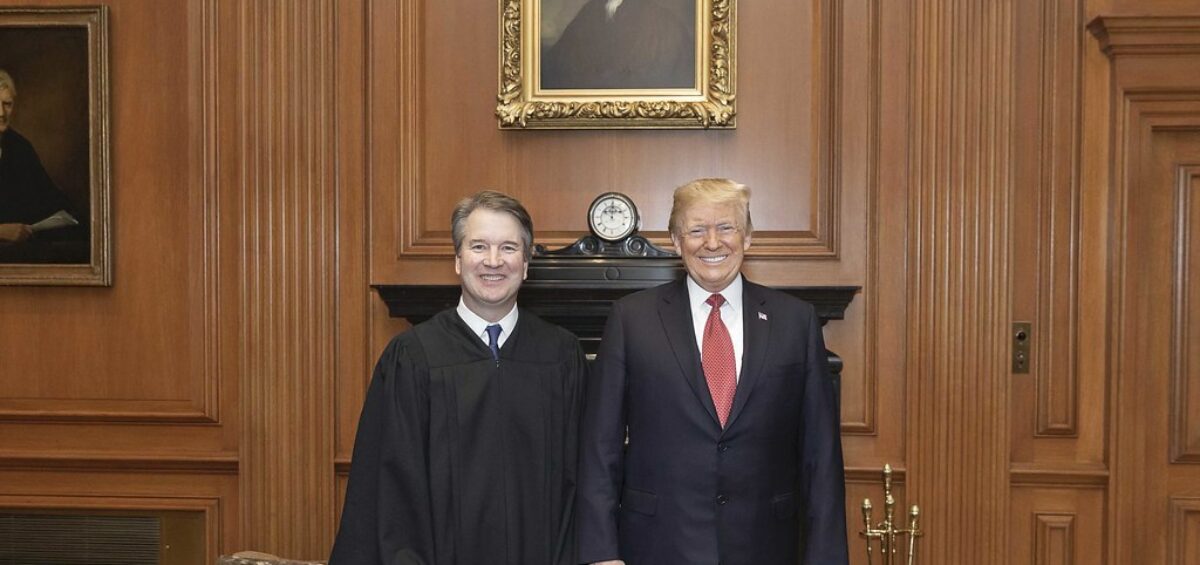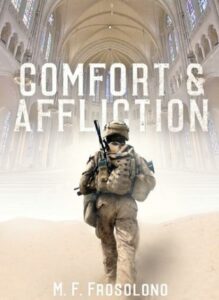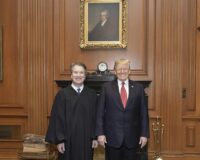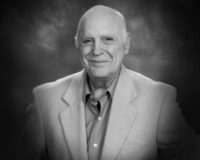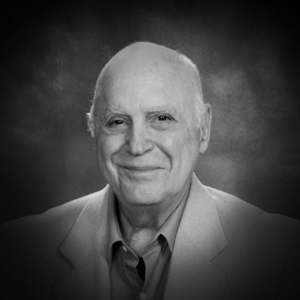Albert Einstein: “To us humans, except for physicists, time always seems to move at the same rate and in the same direction—from past through the present into the future. For those of us who believe in physics, the distinction between past, present, and future is only a stubbornly persistent illusion.”
William Faulkner: “The past is never dead. It’s not even past.”
The current furor over the past transgressions of many notable persons, e.g. Justice Brent Kavanaugh, puzzles me. For the sake of argument, I stipulate that he did exhibit sexual misogyny during his college and law school days. I will, under no circumstances, provide any support, tolerance, or excuses for the untoward acts he allegedly committed. The more important question for me relates to his adult conduct: Does the adult Justice Kavanaugh continue to exhibit such aberrant behavior? From all I have read on the Net and in newspapers, he does not. Justice Kavanaugh’s wife, for instance, says he is not a misogynist. While we might expect supportive testimony from his wife, none of his four female law clerks have testified to any sexual transgressions from the Justice. In today’s societal and political milieu, I cannot conceive that young well-trained lawyers who clerk for Justice Kavanaugh would be the least bit hesitant, much less be afraid, to bring charges of sexual misconduct against him.
I wish I had the ability to discern to what extent the fear (perhaps well-founded) that Justice Kavanaugh will be the “swing vote” necessary for SCOTUS to overturn Roe v. Wade plays in the current controversy. I spent much of my professional life working to decrease the mortality and morbidly of infants born prematurely. This background in conjunction with my Judeo-Christian beliefs leads me to abhor the vast majority of abortions; however, I do not advocate overturning Roe v. Wade. In many instances such as abortions, the law represents a blunt instrument when we need changes in hearts and minds. Laws may have some effect on moderating behavior but not on fundamental character.
I have never been a candidate for elective office. The follies of my youth—once resurrected—would have immediately disqualified me from such positions as an adult. By the way, I did not engage in sufficient criminal activities to be indicted, even when I often drove inebriated. At that time, I considered speed limits as mere suggestions. Thanks to tolerant local law enforcement officials, I was instructed to go home immediately while driving within the speed limits. Often officers of the law followed me home to ensure their instructions were followed. Yes, small time life with a well-known and respected paternal grandmother. Today, I will not even drive after one drink of an alcoholic beverage.
One of my distractions in high school and college was my fascination with Ayn Rand’s philosophy of Objectivism, which postulates reason as the only means of acquiring knowledge thereby negating faith, religion, and altruism. Her novels, The Fountainhead and Atlas Shrugged intrigued me. I spent a lot of intellectual capitalism—to no avail—trying to reconcile my Judeo-Christian principles with what I understood about Objectivism: I came to the conclusion that fundamental knowledge can be accessed in other valid manners in addition to intellectual reason in and of itself. Furthermore, my scientific education shows that altruism is a well-known evolutionary feature in which parents will even risk their deaths for the lives of their children.
I suspect that, under some circumstances today, my youthful fascination with Ayn Rand’s novels would be, for some people, a personal disqualification and criticism. Alternatively, other persons might consider this fascination a positive feature of my character. In either event, I fail to understand why so many people believe youthful actions must necessarily be considered positive or negative influences on adult characteristics. Even so, a truism—most adults would not let an adolescent or teenager define the direction of our adult lives; however, to some extent all of us have done so. In that context, the child can very well contribute to the shaping of the adult.
I must, for the sake of honesty, point out one primary youthful characteristic that definitely has shaped my adult life: I was born into, and raised in the Judeo-Christian Community of Believers, and I have remained a professing member of that faith community, albeit one who struggles to profess, witness, and serve. Adults made the choice for me to be within the Community of Believers from my birth and into my youth. Yet, despite all of my intellectual ruminations, questions, and sometimes outright hostility, I have remained in that fellowship. That is, adults definitely exhibited marked influence on me but, after what I consider intellectual rigor on my part, I am a Judeo-Christian. From my perspective, such intrusions from my past produce markedly positive outcomes for me. I am well-aware that atheists will maintain these intrusions are detrimental to my character.
So, back to Justice Kavanaugh: What constitutes the important question, his actions as a youth or as an adult? I land squarely on the proposition that his life as an adult should be the defining characteristic by which he should be evaluated. We should keep in mind that the nature of the questions we ask determines the answers we receive.
Photo credit: “President Donald J. Trump and Supreme Court Justice Brett Kavanaugh” by The White House
